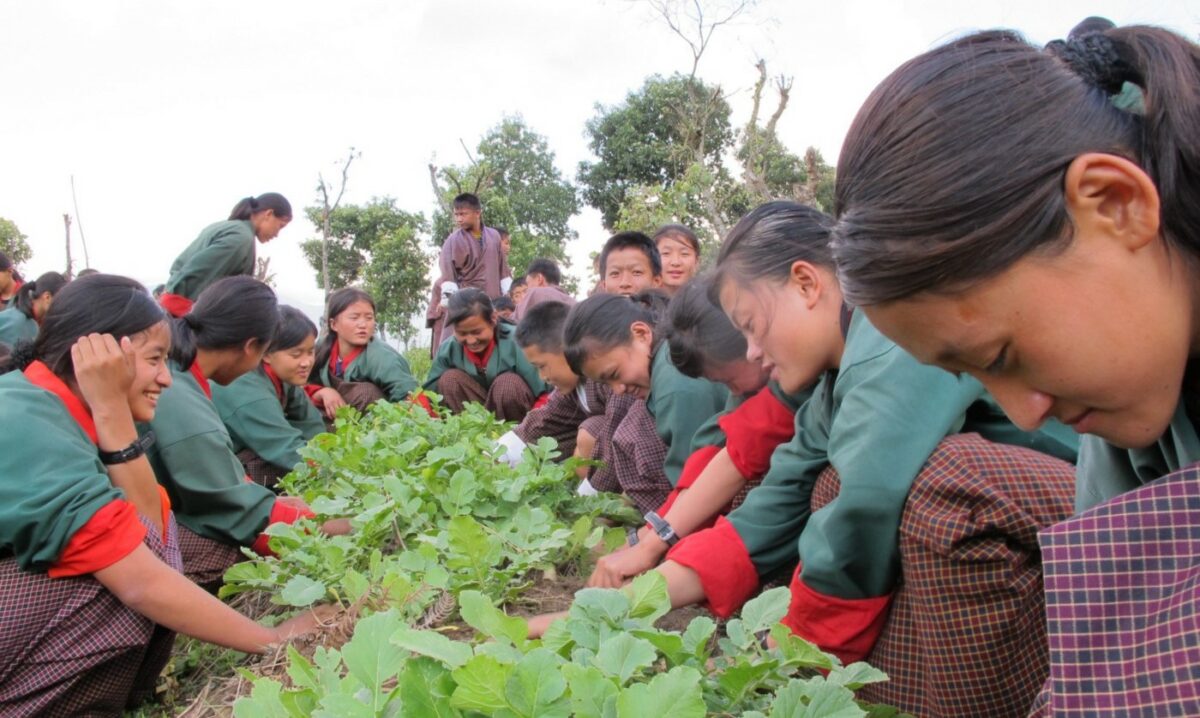By Peter Taylor and Crystal Tremblay
In the context of knowledge for development, what does it require to deconstruct the dominant narratives and personal privileges embodied in our race, class, gender, etc.? And, in a knowledge landscape littered with potential minefields, how do we go about shifting the mindsets that shape the ways in which ‘we’ understand the world and our subsequent values, behaviours, and attitudes?
Continue reading “Four approaches to shifting mindsets for decolonising knowledge”




